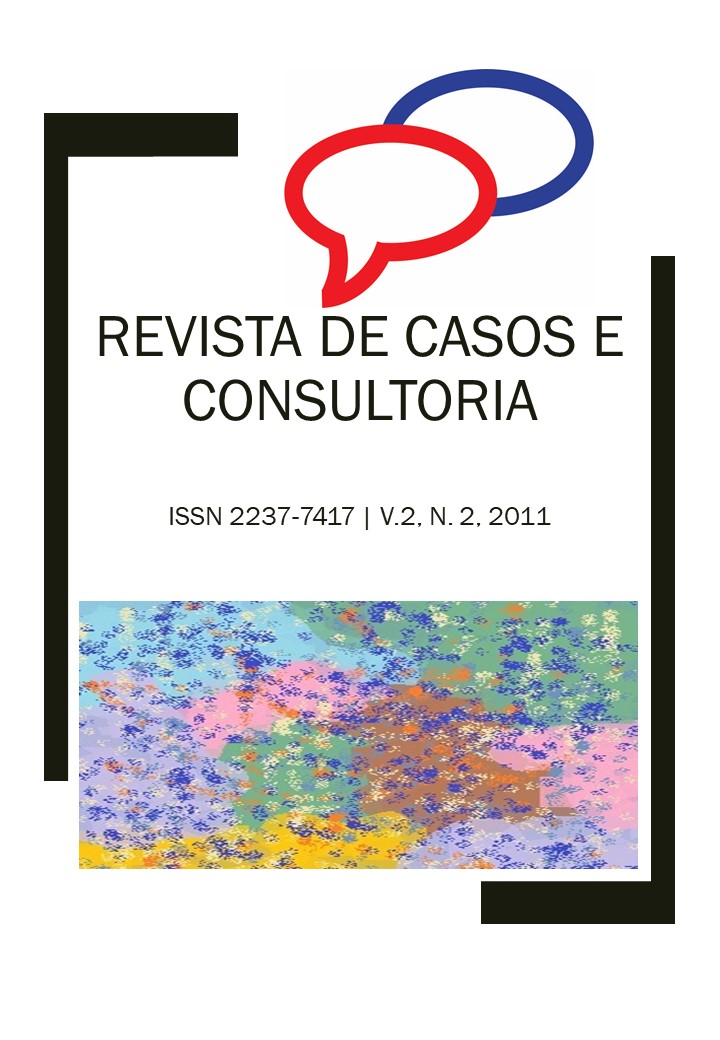STATUS OF STUDENT DISCIPLINE OF ENGLISH LANGUAGE IN PUBLIC SCHOOLS OF RIO GRANDE DO NORTE
Keywords:
English Language; Education;Teaching.Abstract
So many researches that seek to observe the quality of education given in public schools basic and high school level due to its importance for the best student's educational development. The same is true when it comes to the discipline of English. This research aims then, expose the relation of the student with the discipline of English in order to display percentages of rejection to the subject, studying the current teacher's teaching tools and offering suggestions, as leaving the students surveyed from questionnaires used (questionnaires of both kind, qualitative and quantitative), to better retention of contents and accept of the discipline. The applications of the questionnaire was carried out in the halls of high school of three public schools of the metropolitan region of Natal housing a total sample of 120 students. For the analysis of the data used to the software Statistical Package for Social Sciences (SPSS 1.6) and noted that although a majority percentage of students are aware of the importance of the English language was noted the preferably to another language than English for the study as curriculum subject in schools. Was obtained even though many say have owned or have at some point in their school life some sort of trauma or intolerance with this discipline and almost half of respondents consider themselves with a weak or inferior level of gift in English language.
Downloads
References
GIMENEZ, T. ; SERAFIM, Jucenir ; SALLES, Michele ; ALONSO, Talitha . Referências recentes sobre língua inglesa, mídia e escola no contexto brasileiro. Linguagem & Ensino (UCPel), Pelotas, v. 9, n. 1, p. 251-266, 2006.
ROCHA, Claudia Hilsdorf . O Ensino de LE (Inglês) para Crianças por meio de Gêneros: Um Caminho a Seguir. Contexturas, v. 10, p. 65-93, 2006.
SILVA, K. A. ; ROCHA, Claudia Hilsdorf . A Formação do Professor de LE (Inglês): Investigando a Possível Relação entre as Teorias dos Gêneros e as Competências Desejáveis. Contexturas, v. 10, p. 45-63, 2006.

 Português (Brasil)
Português (Brasil) English
English Español (España)
Español (España)